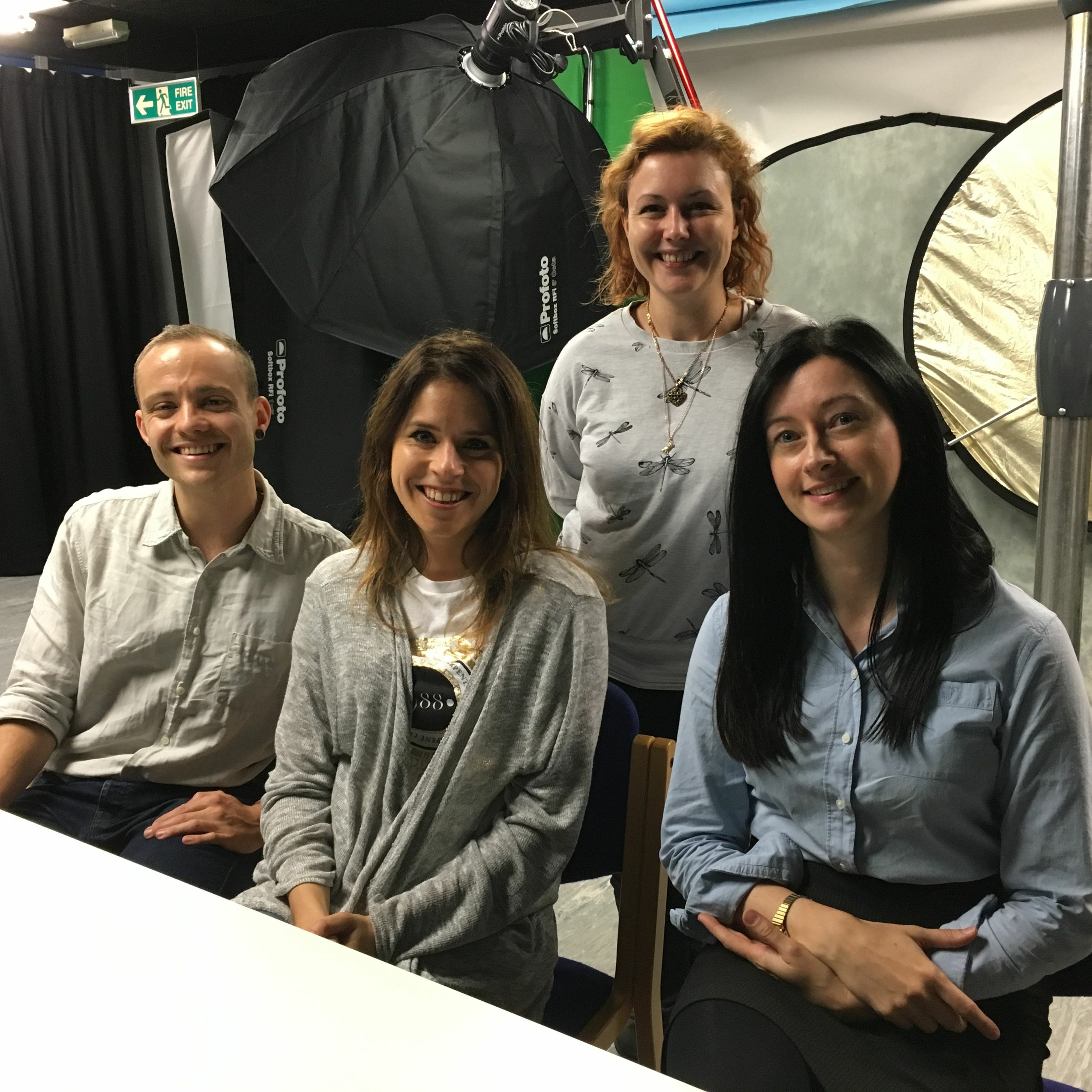
Research that involves human subjects (also known as people), or even human tissue will often raise unique ethical, legal and social issues.
Research ethics is specifically interested in the analysis of ethical issues that are raised when people are involved, and even the most experienced of researchers find the process of getting a favourable ethical opinion, valuable and frustrating!
This week Megan O’Hare speaks with Yvette Vermeer a PhD student from UCL, James Fletcher a Teaching Fellow at King’s College and Danielle Wilson a Clinical Research Operational Manager at Oxford University Hospitals and also Vice Chair of your local research ethics panel. Discussing the challenges, benefits and giving tips and advice for Early Career Researchers navigating this process.
There are three objectives in research ethics:
1. The first objective is to protect human participants.
2. The second is to ensure that research is conducted in a way that serves interests of individuals, groups and/or society as a whole.
3. Last of all, the third objective is to examine specific research activities and projects for their ethical soundness, looking at issues such as the management of risk, protection of confidentiality and the process of informed consent.
To see more topics on ethics from our website visit https://www.dementiaresearcher.nihr.ac.uk/?s=ethics&submit=Go
view more
More Episodes
Decoding Familial British Dementia
 2024-10-28
2024-10-28
 2024-10-28
2024-10-28
ISFTD 2024 Conference Highlights
 2024-09-30
2024-09-30
 2024-09-30
2024-09-30
The Epigenetic Equation
 2024-09-16
2024-09-16
 2024-09-16
2024-09-16
Prioritising People in Co-Produced Research
 2024-09-02
2024-09-02
 2024-09-02
2024-09-02
Listening & Supporting Dementia Researchers
 2024-08-19
2024-08-19
 2024-08-19
2024-08-19
AAIC Day Four 2024
 2024-07-31
2024-07-31
 2024-07-31
2024-07-31
AAIC Day Three 2024
 2024-07-31
2024-07-31
 2024-07-31
2024-07-31
AAIC Day Two 2024
 2024-07-30
2024-07-30
 2024-07-30
2024-07-30
AAIC Day One 2024
 2024-07-30
2024-07-30
 2024-07-30
2024-07-30
AAIC Preview 2024
 2024-07-11
2024-07-11
 2024-07-11
2024-07-11
At Breaking Point: Burnout in Academia
 2024-07-01
2024-07-01
 2024-07-01
2024-07-01
Introducing the Dementia Researcher Salon
 2024-06-25
2024-06-25
 2024-06-25
2024-06-25
012345678910111213141516171819
Create your
podcast in
minutes
- Full-featured podcast site
- Unlimited storage and bandwidth
- Comprehensive podcast stats
- Distribute to Apple Podcasts, Spotify, and more
- Make money with your podcast
It is Free
- Privacy Policy
- Cookie Policy
- Terms of Use
- Consent Preferences
- Copyright © 2015-2024 Podbean.com






